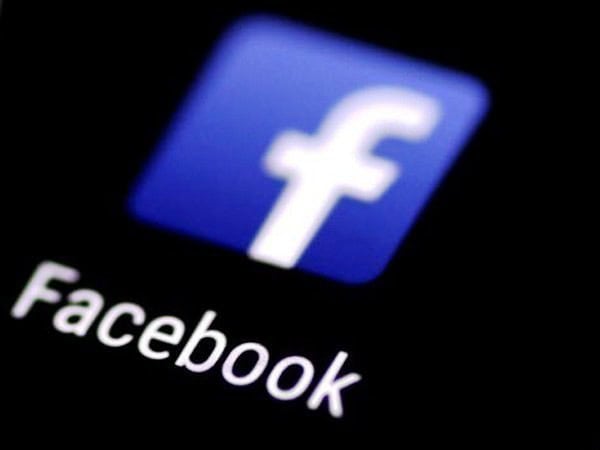New Delhi: Facebook is sending Joel Kaplan, Vice President, Global Public Policy, to face the Parliamentary Committee on Information Technology (IT) on March 6 that will hear him what the social media giant, and its subsidiaries WhatsApp and Instagram are doing to safeguard citizen rights across its platforms.
Ajit Mohan, Vice President and Managing Editor, Facebook India and Ankhi Das, Director Public, Policy and Programmes, will accompany Kaplan, sources told IANS on Sunday.
CEO Mark Zuckerberg or COO Sheryl Sandberg are not travelling to India for the hearing.
“Senior Facebook officials will appear on March 6 before a parliamentary panel to outline the specific measures undertaken to ensure safety of users on its platform after being summoned by the committee,” said sources.
Their turn comes after Colin Crowell, Global Vice President of Public Policy of Twitter, deposed before the BJP MP Anurag Thakur-led panel on February 25 and discussed how it is going to help address issues such as political bias and manipulation on its platform in real-time.
Twitter was told to send back answers to some of the unanswered queries during the hearing within the 10-day time frame.
“The Parliamentary Committee on IT will now examine the issue of ‘Safeguarding citizen rights on social/online news media platforms’. The following will present their positions: Facebook, WhatsApp, Instagram,” Thakur had tweeted last month.
As India gears up for the general election, owners of global social media platforms are in a huddle over how to curb the spread of misinformation and fake news in a country where deep mobile penetration has helped Facebook, WhatsApp and Instagram reach millions.
Facebook has close to 300 million users and WhatsApp over 200 million. According to statista.com, Instagram has nearly 75 million users in India.
In the run-up to the Lok Sabha polls, Facebook has brought a new tool aimed at bringing transparency to ads related to politics in the country.
Anyone who runs ads related to politics in India will have to reveal their identity and location to pass the authorisation process and have a “Published by” or “Paid for by” label.
“The tool comes with some India-specific features,” Shivnath Thukral, Facebook’s Public Policy Director for India and South Asia told IANS recently.
“The law of the land does not require us to make the ‘Paid for by’ label mandatory in India,” Thukral added.
Another India-first feature that Facebook introduced was that advertisers can begin the authorization on their mobile phones itself instead of logging in from a desktop.
Facebook also introduced for registered political parties in India an option to upload their Media Certification and Monitoring Committee Certificate from the Election Commission of India.
“In our conversation with Election Commission, we learnt that it is essential to give political parties the option to upload the certificate,” Thukral added.
[source_without_link]IANS[/source_without_link]

